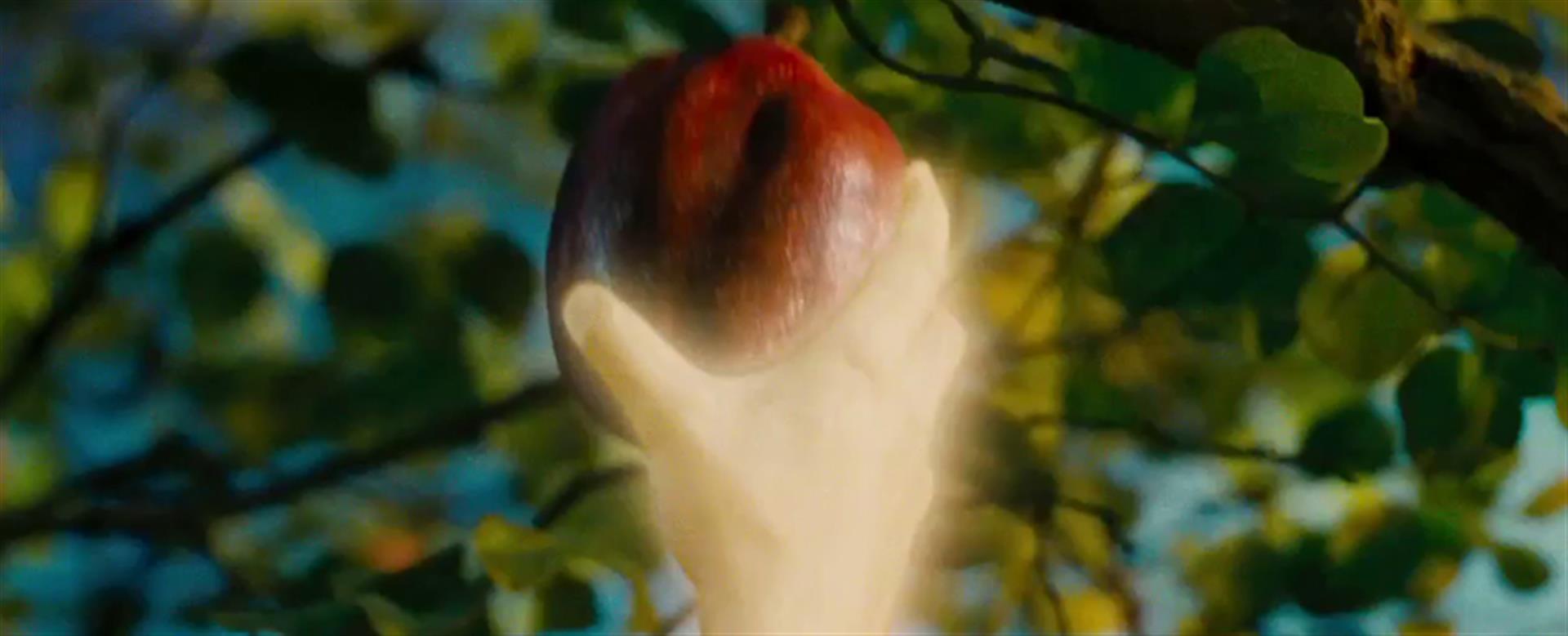Where Sin Increased, Grace Overflowed
First Sunday of Lent, Year A

Readings:
Gn. 2:7-9, 3:1-7; Ps. 51; Rom. 5:12-19; Mt. 4:1-11
On this First Sunday of Lent, our readings highlight the brokenness of our human nature through the temptation and sin of Adam, the first man, and our redemption from temptation and sin, through Christ, the new man. In the Book of Genesis, we witness the fall of the first man, Adam, through temptation. As I reflect on this passage, I had this insight: After Adam and Eve eat the fruit from the tree of knowledge of good and evil, it says, “Then the eyes of both of them were opened, and they realized that they were naked….” It is not until they sinned against God that they realized they were naked. Now, some may describe this nakedness as their guilt, but it is something more than just guilt. As St. Paul says, “Through one man sin entered the world, and through sin, death.” In other words, our very nature has been transformed by this one sin. And what was transformed?
I want us to consider the state of grace Adam and Eve had enjoyed before the Fall. Remember, they were created, not born by God. God shaped them with his own hands. There must have been something significantly different about them because of this. The Catechism of the Catholic Church refers to the state of Adam and Eve prior to the Fall as a state of original holiness. They were first-generation-holy, made by God, not by natural birth, and therefore would have been reflections of God’s own glory, in a sense, clothed in light. This is further evidenced by the way in which God walked with them in the garden. But, what happens after Adam and Eve eat the forbidden fruit? They realize they are naked. In other words, it was not until they sinned against God that they realized they were no longer clothed by his glory. The light has gone out and darkness has entered into their hearts. This transformation has been handed down to us through the ages in what St. Augustine describes as concupiscence, that is, intense passion or desire for that which is not God. It is a disorder in which the body rebels against the rational soul. The soul is the imprint of God, the one part of us that is most like God. But, as St. Paul says, “For the flesh has desires against the Spirit, and the Spirit against the flesh” (Gal. 5:17). These are at odds with one another because the soul’s one desire is God, while the flesh desires everything else.
How do we overcome this reality? What are we to do? On this First Sunday of Lent, I would like to encourage us all to look to Christ. He alone shows us how to overcome the devil and his temptations. He does this through his own self-control, through his own discipline. The devil comes whenever we are at our weakest, and in the Gospel, Jesus had been fasting for 40 days, so he was weak, but only physically. He resists all three of the Devil’s temptations to dominate the earth. First, to manipulate nature by changing stones into break; second, to captivate others by abusing his power by spectacles; and third, by dominating all the kingdoms of the earth by worshipping Satan. Jesus knows well that the way to man’s heart is not through domination, but through freedom. We must freely choose God, not fruit, not fame, not power. The latter belong to the Devil and his minions, but the former to eternal life. Let us choose that life–the life that comes to us not through domination, but by submitting to Christ.
And now, as we turn to the Eucharist, that true celebration of life that comes only through Christ, may our journey throughout these 40 days be one of self-denial, self-sacrifice, self-gift, so that we may put aside the deeds of darkness and clothe ourselves with Christ, who invites us to abide in him as he abides in us.





Share this post
Twitter
Facebook
Pinterest
Email